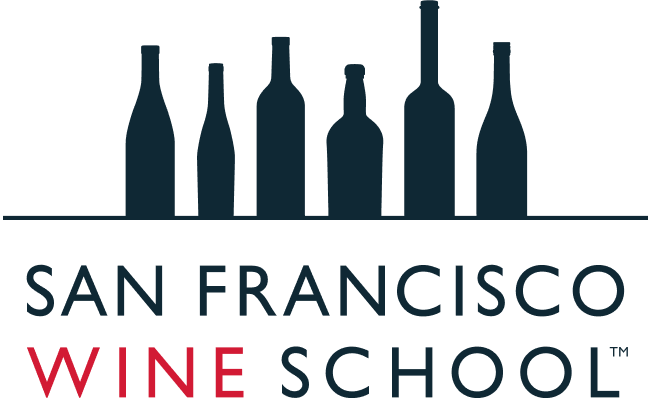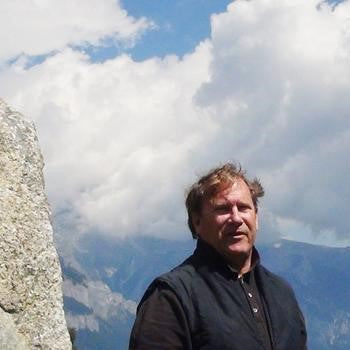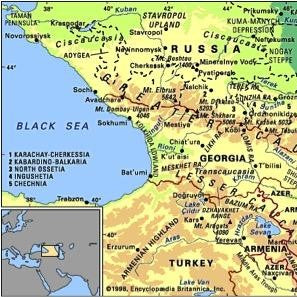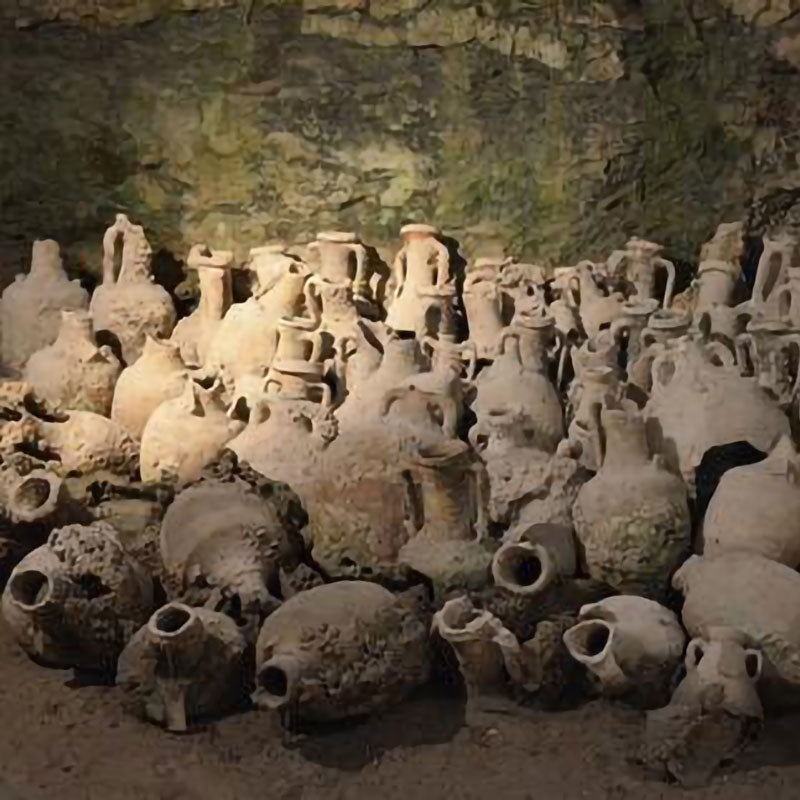by David Furer
Stanford University’s Dr. Patrick Hunt will be one of the featured speakers at the Origins of Wine Civilization event. More, much more, of his life’s work and pleasure may be found here. Here’s our chat:
Stanford University’s Dr. Patrick Hunt will be one of the featured speakers at the Origins of Wine Civilization event. More, much more, of his life’s work and pleasure may be found here. Here’s our chat:
What’s your earliest memory with wine?
When I was young my mother would have parties where wine was served at our southern California home, and I remember the smell of the wine and their rather ebullient behavior from those times. We had grapes on our small farm near San Diego, and we ate the barely purpled grapes with abandon though they never fully ripened.
Your chosen field of archaeology is concerned with humanity’s history via site excavation and analysis thereof. Is there a correlation between the discovery process you enjoy in this with that of wine whether in its production, examination, or consumption?
Wherever I’ve traveled for study I’ve found that wine grape cultivation was always tied to civilization. Though regions today in the Islamic world often prevent alcohol consumption, in past times even when their climates were unsuitable for wine grape production, even in pre-dynastic Egypt and in Mesopotamia wine would be imported by those societies literally coming down the Tigris-Euphrates basin from Armenia in the north to Canaan. Wine was imported because it was too hot to grow grapes in Mesopotamia’s climate. As societies were formed and becoming hierarchal wine consumption was incredibly tied to that development. Abydos jars from ancient Egypt were actually from Canaan. As early as the 3rd millennium B.C. you had forms of wine from Sumerian onward. The same was true for Celtic societies in Gaul in the Rhone valley at Messalia, which became Marseilles, where the social structure of chieftains & warriors were designed based upon the amount of wine given to members of status who were expected to give wine to adhere clan loyalties; if you were a rich, powerful lord this fused society together over a celebratory event with feasting and poetry-wine was used as a conduit. Even excavating at the top of the Pennine Alps we found broken wine amphorae.
Having a basic appreciation of geology is a given for the educated wine professional. How might the tangentially-related study of archaeology play a similar role in understanding wine?
Just as the soil where grapes grow is critical, so archaeology requires one to know the pH soil chemistry of that soil because some acidic and some alkaline soils are bad for preserving certain things. Junipers prefer to grow in alkaline soil whereas azaleas prefer an acidic soil. Think about bones which are essentially alkaline, and those are better preserved in an alkaline soil because their chemical composition match rather than conflict. Acid soils aren’t so good for the preservation of those alkaline materials. Archeology needs a scientific approach to preservation which includes temperature. Organic materials don’t survive well in tropical climates even if they’re fairly recent burials; in a desert environment materials survive well once moisture is absent. Hydrolysis is bad for certain material as are thermolysis and photolysis. Temperature-related processes will either accelerate or decelerate decomposition. These are scientific processes which archaeology should know. Survival rates be they organic or inorganic it’s incumbent the scientist to know what these may be. There’s a direct correlation between the understanding of archaeology and chemistry to physiology of plants and their applications.
How does the enjoyment of wine impact your compositional execution and hedonistic enjoyment of music?
Plato’s Symposium associated the qualitative approach to wine drinking; the first cup was for friendship, the second for philosophy. Somehow you think words are more profound the more you’ve had to drink. My musical palate is limited as I only enjoy music that helps concentration. I also compose music, and I find that a glass of wine increases my ability to listen. But there’s a limit to that as the neural pathways that I want to slightly focus upon are limited. Counterpoint and melody are much a part of the way I write, and what wine might do for music is to lower the inhibitions so as to be more flexible, less rigid, and to venture into new things. I don’t drink wine much while I’m composing, I drink more when I’m decomposing…an old Beethoven quotation.
Your presentation at Origins of Wine Civilization is entitled ‘The Civilization of Wine from the Phoenicians to the Egyptians & Canaanites’. Please give a glimpse of what you’ll touch upon in it.
When working and living in that part of the world it’s inescapable to find the influence of wine. I look to Biblical and other methods, which have hundreds of comments about wine. There are hundreds of exhortations about consumption. The documentation doesn’t have to be expansive though there’s enough tying it into the archaeological evidence. It’s extensive. The fact that wine is inextricably tied to civilization has so many high points where we can combine the documentary evidence with the archaeological evidence across this region over thousands of years, and not always do you have the same societies producing as consuming because it can be climate-dependent.
Considering there are a plethora to choose from, what’s your favorite myth in which wine plays a role?
I enjoy that the Sumerians found it very humorous in describing how drunk it is their gods got because it suggests chaos and uninhibited power. Did they make mistakes? Did they engender more offspring? Did they destroy things? Or did they get creative and design unusual things? Probably the Greek mythology of wine, with Dionysus, is the most extensive with my favorite literary example of the power of wine being Euripides Bacchae.
How is the current human-induced climate shift we’re experiencing impacting our understanding of the history of previous climate shifts?
The historically normal latitude range for temperate zone wine grape cultivation is the 30-50 latitude. Vinifera ideally requires a climate with sufficient rainfall and moderate temperature extremes often impacted by altitude constraints and the conditioning effect with those parameters. The shift is going towards the poles especially in the northern hemisphere. Superb wines are growing possible in areas once thought unforgivable. Only 50 years ago people were surprised in the growing of grapes in Kent while it had been occurring long ago at Buckthorn Abbey during the Roman War Period, the RWP. Now English sparkling wine producers are showing that it’s becoming a high quality wine production area when a century ago is wasn’t considered. The same is true for Canada’s Okanagan Valley. The Finger Lakes have a lot of good wine producers especially for Riesling and possibly Cabernet Franc. Wherever the Roman legions went their veterans who settled there became the local viticulturists to the point of hybridizing varieties to suit the environment they’d settled into. In the upper Rhine valley they were working with white grapes. Even with its Mormon population even Idaho could be become a notable AVA. Californians are looking longingly north and east to climates that may be perfect for growing wine grapes in the future.
You’ve spent much time in Switzerland over a long expanse of time, and as a wine lover you must have useful perspectives on its wines to share. Given precious little Swiss wine reaches our shores what are a few points worth knowing of these which the US wine professional may not realize?
You’d be hard-pressed to find an archaeologist who doesn’t like wine. I used to land at CDG airport where I rented a car, drove leisurely across France, stopping along the way to bring bottles of wine to the abbot at Grand St. Bernard Monastery where we lived and where it had a considerable wine cellar. I’d bring plenty of top Burgundies to his circle. I got to know French wine that way but soon found that Valais and Vaud were producing great wines, later in the eastern Germanic areas where they also had great wine. When invited to the Verbier music festival in the late 1990s, some of the monied Swiss wine cognoscenti amusingly invited me to pit some of California’s best against those of France; I ended up taking the bankers’ money. I was later introduced to Pinot Noirs from the eastern Rhine valleys Bunterherrschaft in Graubunden, in the Funfdorf, produces Blauburgunder that is very mistaken for the best Chambolle-Musigny though I don’t know of its ageability. Monks were growing grapes here as far back as the 10th century, with Schloss Salenegg making one of these.
You’re widely acknowledged by fellow experts as being a “damn fine aphorist.” How might pithiness improve a moment, the memory of a wine experience?
I like Falstaff’s “sack increases the desire but decreases the performance thereof.” Aphorisms are expressions of verbal economy, and I’m not sure wine increases verbal economy.
Listen to Dr. Hunt and others at March 13’s Origins of Wine Civilization conference.
Listen to Dr. Hunt and others at March 13’s Origins of Wine Civilization conference.
Check out our full schedule of programs, workshops and public events. Private, customized experiences and corporate training is also available.



